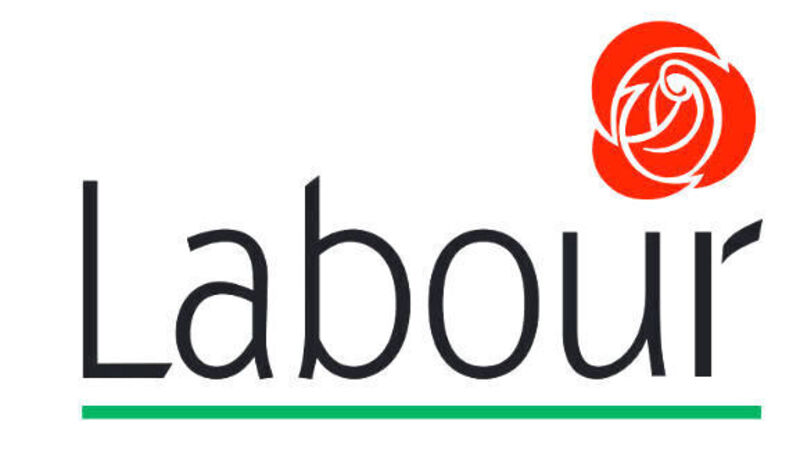Labour party preparing to risk extinction for greater good

Long gone are the thundering speeches of former leader Eamon Gilmore, who before the last general election even predicted Labour could win up to 50 Dáil seats.
Instead, Tánaiste Joan Burton is facing into one of the most difficult periods for the party as leader, with predictions that Labour will lose half its seats.
We’ve been here before though. This is the way it goes for junior coalition partners, and did for the Greens and Progressive Democrats in government.
Amid suggestions Fine Gael may win a sizeable victory in the election, similar calls from 2011 are now being made: put Labour in to rein in Fine Gael’s dominance.
It stinks. One wonders if voters will take this seriously a second time. Nonetheless, we can expect this caution from Labour and others in the coming weeks.
In an interview with the Irish Examiner, Siptu’s Jack O’Connor has emphasised what governance without Labour would be like.
The trade union leader highlighted what happened under the Fianna Fáil-Progressive Democrat governments between 1997 and 2011, including the privatisation of Eircom, of three state banks, the promotion of private healthcare, and the dismantling of regulation that fuelled the credit bubble.
For more election news, analysis and general banter join us HERE
“The fundamental lesson is clear that we must never never again allow the right a monopoly of power in Ireland. And the outcome of this election, unless we wake up and smell the roses, is going to be Fine Gael and a handful of right wingers.”
This very point — Fine Gael in government alone with the support of a few TDs — has been the subject of debate all week.
Labour unveiled the now infamous Tesco-style attack poster on Fine Gael in the closing days of the 2011 race, with the strapline ‘look what Fine Gael have in store for you’. It’s difficult to see the embattled party promoting a similar stunt this time.
Or is it?
Mr O’Connor warns that Enda Kenny’s party is on the verge of getting enough support for a majority. Such a scenario would give them carte blanche to dismantle public services further, suggests Mr O’Connor, including the outsourcing of rail or bus services, and the privatisation of the health system.
“The key priority is to deny the right a monopoly of power. As it stands, the Fine Gael party can win an overall majority with 35% of the vote because the opposition is so splintered.”
So the question then arises as to ‘quis custodiet ipsos custodies’, or who will guard the guards themselves — just in case Fine Gael were to lose the run of themselves and sell off the family jewels, the kitchen sink, and just about anything with a price tag on it.
Labour, suggests the Siptu chief, must contemplate reaching out to left wing TDs to form a coalition with Fine Gael, if needed. TDs from the Social Democrats and some independents could be the third leg on that stool, he admits. Labour risked all going in with Fine Gael and will do it again, offers Mr O’Connor.
“The Labour Party has again, not for the first time, demonstrated that it has courage. And that it’s prepared to risk its own extinction in order to protect working people and civil society.”









